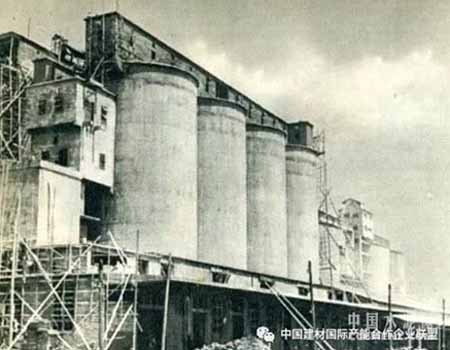As a basic industrial equipment, air compressor is widely used in almost all industrial industries such as metallurgy, machinery, mining, electric power, building materials, food, textile and so on. The cement industry is a large consumer of compressed air, and few industries can surpass it in the diversity of applications. In the process of cement production, compressed air is mainly used for conveying, unloading, material homogenization, dust removal equipment, mixing and air control of powdery materials.
The biggest use of compressed air in cement plants is material transportation. The same method is also used to deal with flue dust, packaging leakage and pulverized coal. The compression system is installed in the concrete station. The compressed air generated by the two-stage compressed air compressor is stored, buffered and dewatered through the air storage tank, and connected to the pneumatic transmission pipeline through the external air source interface of the material transportation vehicle.

The cement plant is usually equipped with a low-pressure powder system to solve a series of problems such as high noise, high oil consumption, damp cement, hardening waste in the cement bin, ash pollution on the top of the bin, and even bin explosion.
In many dry processing plants, raw materials are transported and mixed through compressed air pumps and ventilation to form precisely chemically controlled composites. In the wet treatment plant, compressed air is used to mix the slurry to maintain a uniform mixture and minerals in the suspension.
According to the production scale, the demand of cement plant for air compressor brand is different. Generally, 110kw-250kw low-pressure air compressor is required. Of course, ordinary screw air compressors, variable frequency air compressors and other atmospheric air compressors are also common configurations in cement plants. In addition, blowers are used in many working conditions of cement plants. At present, in order to improve energy efficiency and utilization level, the industry is replacing the traditional roots blower with maglev / air suspension blower.
Although there are downstream demands such as infrastructure and real estate, the demand for air compressors, blowers and other equipment will inevitably be reduced and delayed when the cement output, especially the new production capacity, is suppressed. The industry had to prepare in advance to cope with the possible economic downturn and sales decline in the fourth quarter.